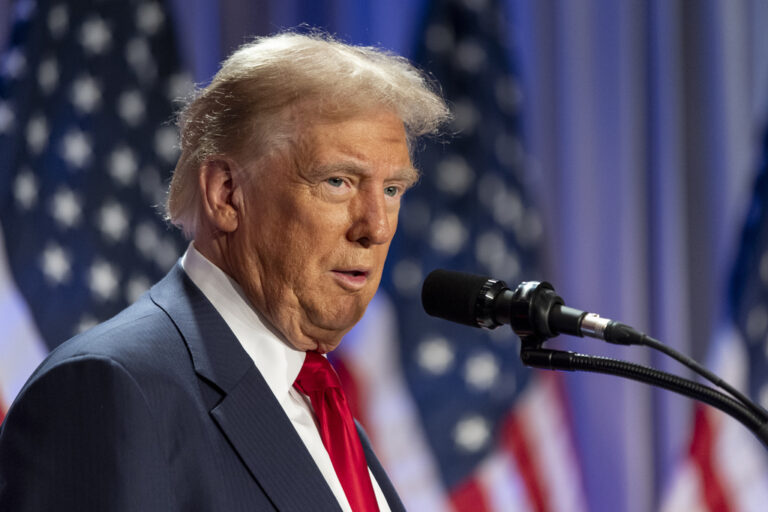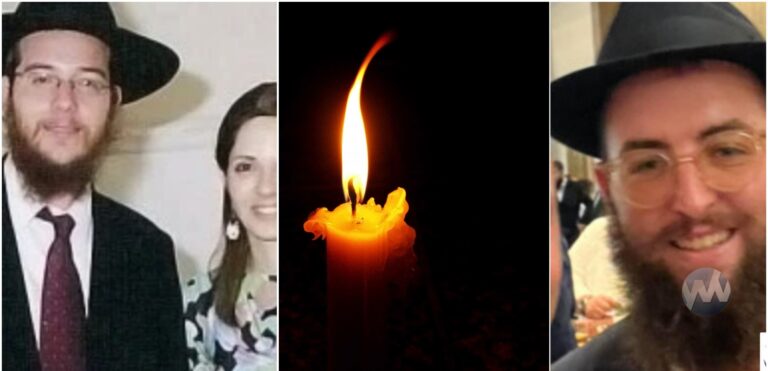Prosecutors have initiated discussions on a potential plea agreement to resolve the long-stalled case of five men held at the Guantanamo Bay detention center who have been charged with planning and providing assistance for the Sept. 11, 2001, terrorist attacks.
Some relatives of people killed in the attacks were notified Tuesday that the prosecution approached lawyers for the defendants offering to discuss plea deals that would include removing the death penalty as a potential sentence — a significant development in a case that has been mired in pre-trial litigation at the U.S. base in Cuba for nearly a decade.
Any agreement would require the defendants to provide details about their roles in the plot, and there would be a hearing on their sentences, according to an email sent to families who receive notices from the Defense Victim Outreach program. That program was created by lawyers for the defendants to provide updates on the case.
The Office of Military Commissions, which oversees the tribunals at Guantanamo, declined comment.
All participants in the commissions, which include elements of the military and civilian court systems, are prohibited from publicly discussing the details of plea negotiations before an agreement is reached.
A separate email from a victim outreach program set up by the government acknowledged media reports about the plea discussions without confirming that they have occurred or were initiated by the prosecution.
The offer to discuss pleas, which occurred as the legal teams gathered at the base for more pretrial hearings, was first reported by The New York Times and Lawdragon, a legal news site that has extensively covered Guantanamo litigation.
The five defendants were arraigned in May 2012 on war crimes charges that include murder, terrorism and hijacking for alleged roles planning and providing financial and logistical help in the plot that killed nearly 3,000 people in New York, Washington and Pennsylvania.
Among the five defendants are Khalid Shaikh Mohammad, a senior al-Qaida figure who has described himself as the mastermind of the plot. The government has resisted efforts to try the men separately, and an effort to reach a settlement under President Donald Trump was rebuffed by then Attorney General Jeff Sessions.
The trial has bogged down largely over legal issues surrounding what evidence can be used against the men, who were held in clandestine CIA detention facilities and subjected to torture following their capture. It has also been repeatedly stalled by the pandemic and the logistical difficulties of trying five men, all with separate U.S.-based defense teams, on the difficult-to-reach base at the southeastern tip of Cuba.
President Barack Obama sought to move the case to federal court in New York but reversed course and kept it at Guantanamo because of political opposition.
Family members of 9/11 victims who are brought down to view the pretrial proceedings have expressed mixed views on the proceedings, with some eager to see a trial held at Guantanamo and an eventual execution and others calling for speedier resolution.
A group called September 11th Family Members for Peaceful Tomorrows has long called for plea deals, expressing frustration with the slow pace of the proceedings. Group member Terry Rockefeller said a resolution would enable the defendants to testify in any other criminal or civil cases related to the attacks.
“We’re almost to the 10th anniversary, and it’s not only clear to us that a trial, if it were to ever happen, would take years but it will face years of appeals,” said Rockefeller, whose sister, Laura, was killed in the World Trade Center. “And we believe pretrial agreements are the only way to get any measure of truth, justice and accountability.”
In addition to the defendants in the 9/11 case, there are five other prisoners at Guantanamo facing trial by military commission in cases that are also bogged down in various stages of pretrial litigation.
The U.S. holds a total of 38 men at Guantanamo, which opened in January 2002.
(AP)











